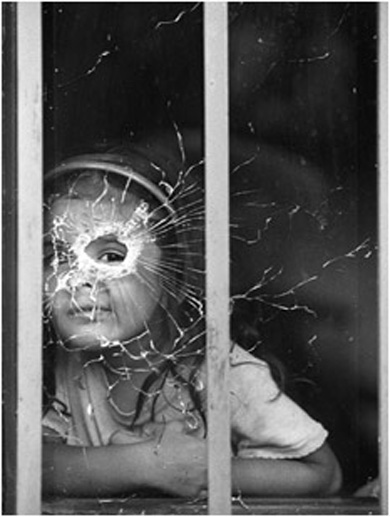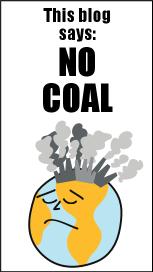COMMISSION OF HUMAN RIGHTS AND PUBLIC AUDIENCES: ASSEMBLY OF THE REPUBLIC
Por Informacion en español
Buenaventura is experiencing a grave humanitarian crisis. On Thursday 31 May, 800 people took to its streets to demand justice and the vindication of the right to life, liberty and dignity in their territory. The following day an even greater number packed into the Assembly of the Republic for the Public Audience of Victims, an historic event for the city. La Guarda Indigena (Indigenous Guard) of the local Nasa tribe matched the police in equal numbers. Alongside the throng of journalists and national and international human rights bodies, were a commission from the European Union and a representative from the US Embassy. The slogan of the day was “why are they killing us and for what?”
Indeed Los Bonaverenses have good cause to ask this question. In 2006, human rights groups put the number of murders in the city at between 400 and 600. It continues to be the most violent city in Colombia with massacres, disappearances, torture and forced displacement counting amongst the many violations committed against its people. So far in 2007 there have been 265 victims. As the most important portal town on the countries resource rich pacific coast, it is a key point of strategy for the States programme of global trade. It is also the battleground both for illicit armed groups, narco-traffickers and powerful economic interests. What is more, there is an added racial dynamic to the extreme poverty and open violence that the overwhelmingly afro-descendent population of Buenaventura is suffering.
Testimonies
No Justice
Poverty
Exploitation
Far from remedying this, the States “development” of the region to suit the dictates of its macro- economic strategy is deepening poverty and misery. Draconian legislation such as the Ley Forestal (Forestry Law) accelerates the exploitation of primary forest and waterways. Meanwhile villages along the port’s tributary rivers are stripped of collective titles to ancestral fishing waters. Mono-cropping such as African Palm plantations bring forced displacement at the hands of paramilitary groups for the benefit of trans-national capital.
Neglect
The time for the Colombian Government to fulfill its obligation to protect the people of Buenaventura from extreme poverty and illegal armed groups is long overdue. “We are a peaceful and hardworking people” said one speaker. Yet their geo-strategic positioning puts them in the line of fire of powerful interests. To compound this, their socio-political status as a discriminated minority gives them little defense. In this respect their plight is typical of other afro-descendent populations in Colombia who, along with indigenous peoples, bare a disproportionate share of the violence in this war. One banner perhaps best made sense of the `ethno genocide´: ´We Afro-Bonaverenses are marked out for our race and pursued for our riches´.
Zona Marginal performing after the event
Choral group, mothers of victims, opening the event
Sources
ETNOCIDIO EN BUENAVENTURA (Bogotá D.C - Edición No. 162, Mayo 5 de 2007) www.planetapaz.org
http://www.buenaventurasi.com/afrocolombianos.html
http://www.renacientes.org
Por la Vida, la Libertad y la Dignidad en nuestro Territorio
(22 May 2007, Organizaciones Convocantes)
Territorio Pacifico Boletín (1, March 2006)
Cocaine Wars Turn Port Into Colombia's Deadliest City, Simon Romero (New York Times, May 22, 2007)
Massacre in Buenaventura, Urgent Action, Andy Higginbottom (02 May, 2005)




No hay comentarios:
Publicar un comentario